An artist never really finishes his work, he merely abandons it
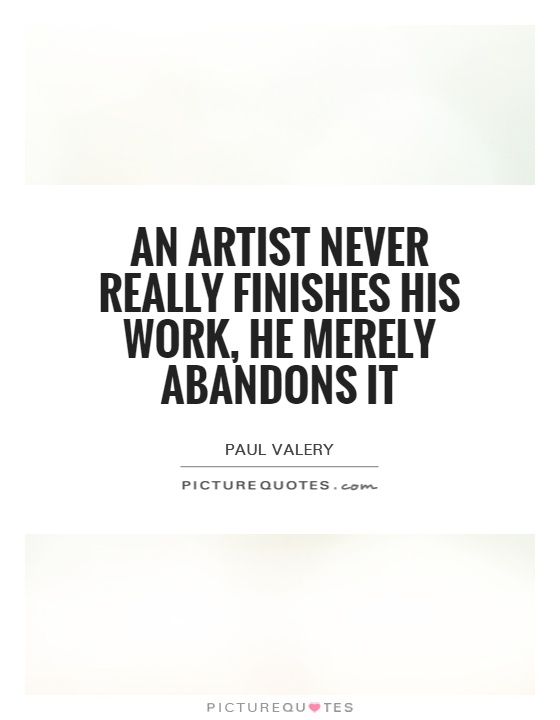
An artist never really finishes his work, he merely abandons it
Paul Valéry, a French poet and philosopher, famously said, "An artist never really finishes his work, he merely abandons it." This statement has been widely interpreted and discussed in the context of art and creativity. Valéry's words suggest that artists are never truly satisfied with their work and that they are always striving for perfection, even though they may never achieve it.One interpretation of Valéry's statement is that artists are constantly evolving and growing in their craft. They may reach a point where they feel that their work is as good as it can be at that moment, but they are always looking for ways to improve and refine their skills. This constant pursuit of perfection can lead to a sense of never truly being finished with a piece of art.
Another interpretation of Valéry's statement is that artists often struggle with letting go of their work. They may become so attached to a piece that they have trouble moving on to the next project. This can lead to a sense of abandonment, as they are forced to leave behind something that they have poured their heart and soul into.
Valéry's words also speak to the idea that art is subjective and that there is no definitive end point to a piece of work. What one person sees as unfinished, another may see as complete. This ambiguity can be both frustrating and liberating for artists, as it allows for endless possibilities and interpretations.
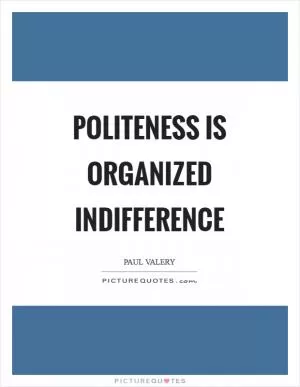
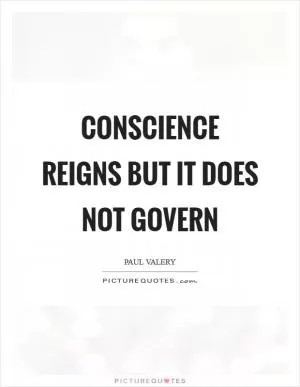
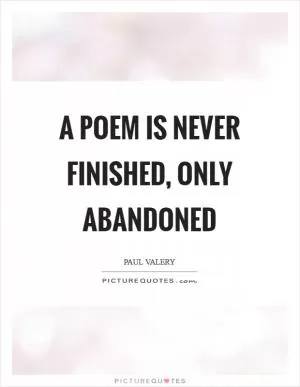
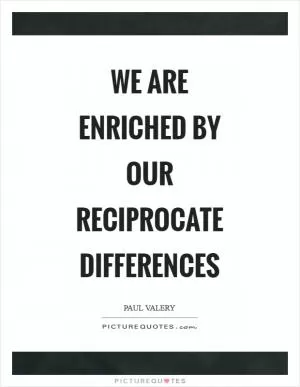
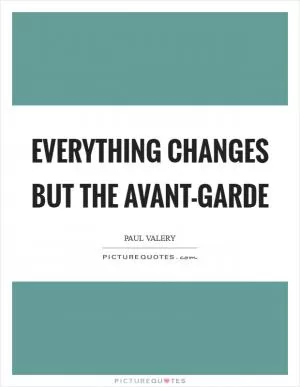



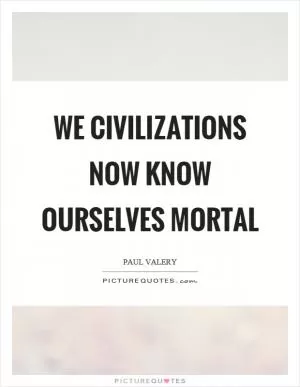
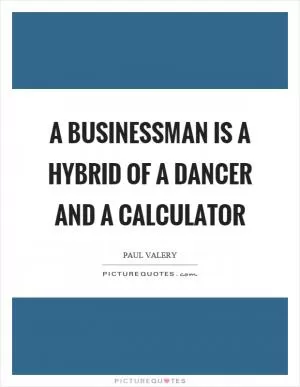
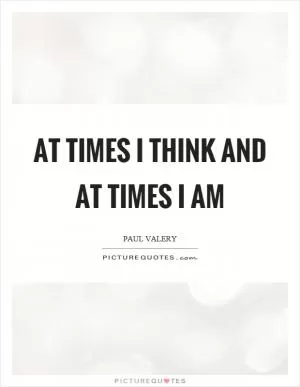
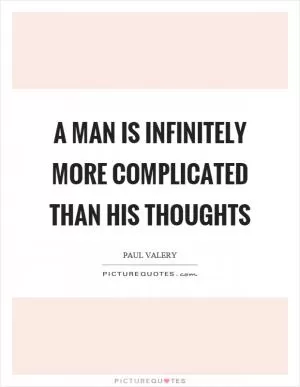
 Friendship Quotes
Friendship Quotes Love Quotes
Love Quotes Life Quotes
Life Quotes Funny Quotes
Funny Quotes Motivational Quotes
Motivational Quotes Inspirational Quotes
Inspirational Quotes